What do you think?
Rate this book


320 pages, Hardcover
First published March 15, 2012
A journey just as much about having the courage to reflect back as about going forward. Solitude forces him to open the door to his personal demons. Simply walking requires behavior that’s totally out of character; an ability to connect with both nature & mankind. He draws the strength to keep going from his new found awareness of nature's intricate beauty. The humanity of random strangers, those ‘great unwashed’ he’s spent a lifetime tuning out, offer insight and comfort. Harold had abided by the British unspoken rule not to ask for help, yet it is constantly offered, and with such civility!
I loved this book on so many levels. It’s unapologetically sentimental though not cloyingly so. It’s a great adult love story that deals unflinchingly with the challenges of lifelong commitment. It focuses on the value of friendship, humility, self-forgiveness and human kindness. And it’s a tremendous 1st novel which I’d love to see performed on stage; this would make for a fabulous play.
“it never ceases to amaze me how difficult the things that are supposed to be instinctive really are”












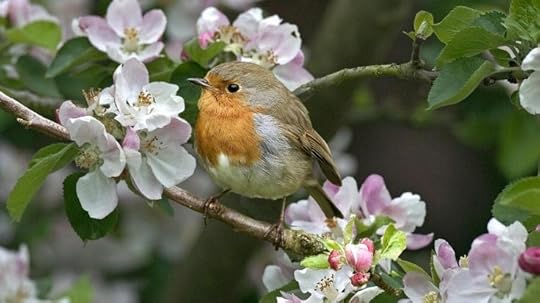

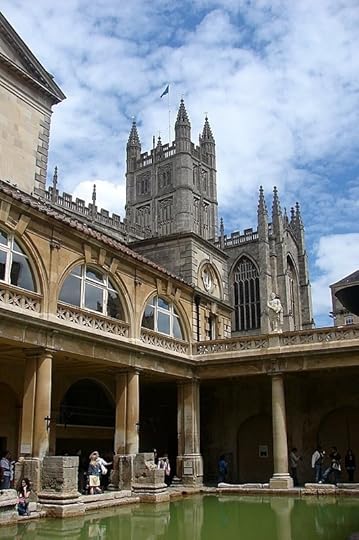
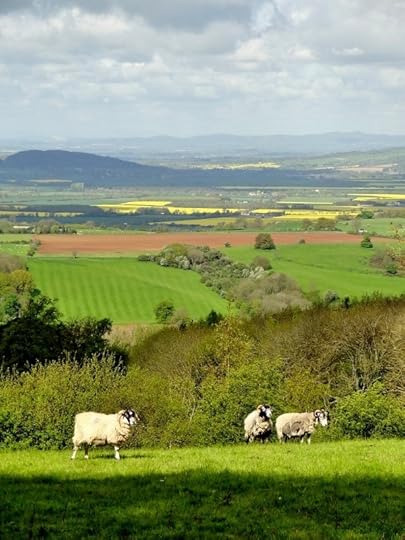
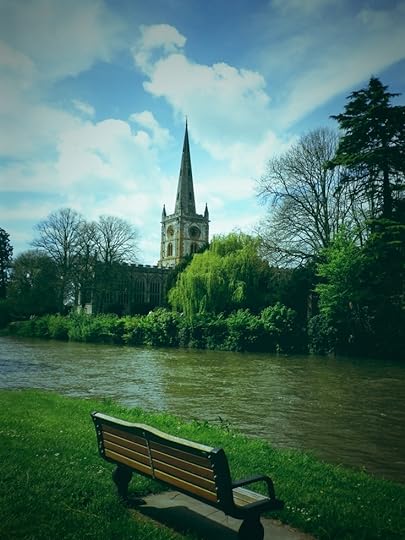
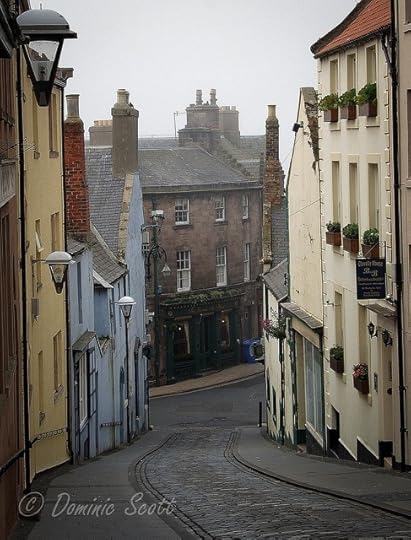
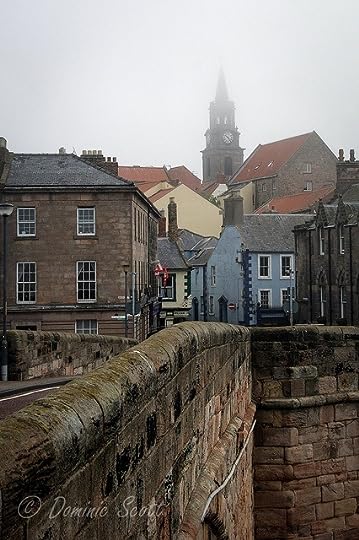

This tenderly-written novel is the best I've read all year: it will cause you to chuckle from time to time, and there's a good chance it will bring a tear to your eye.